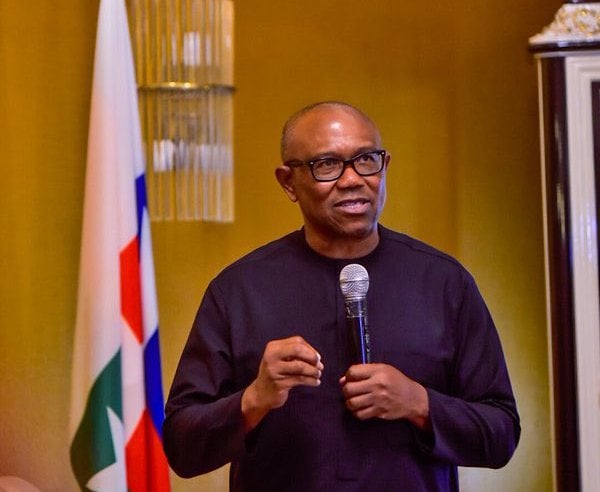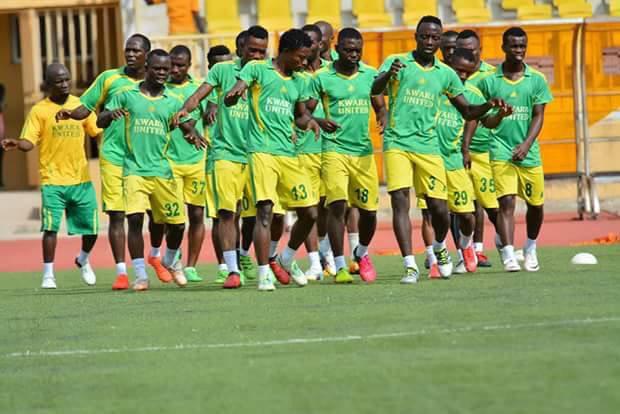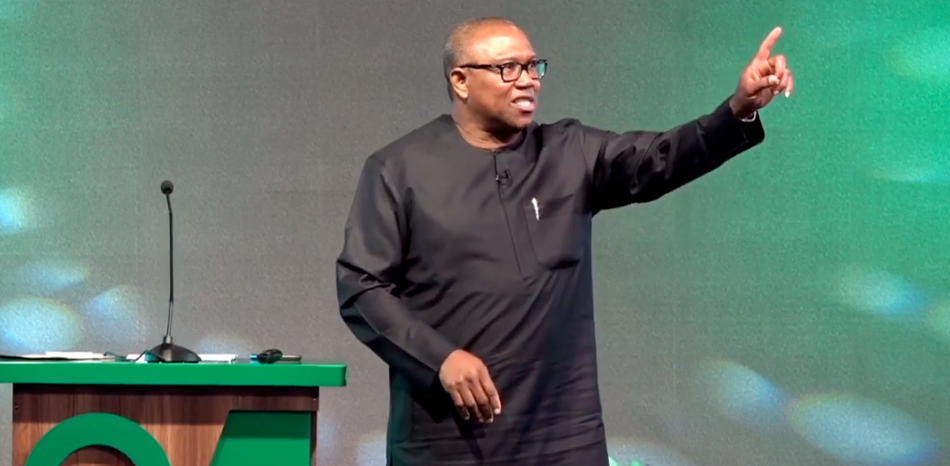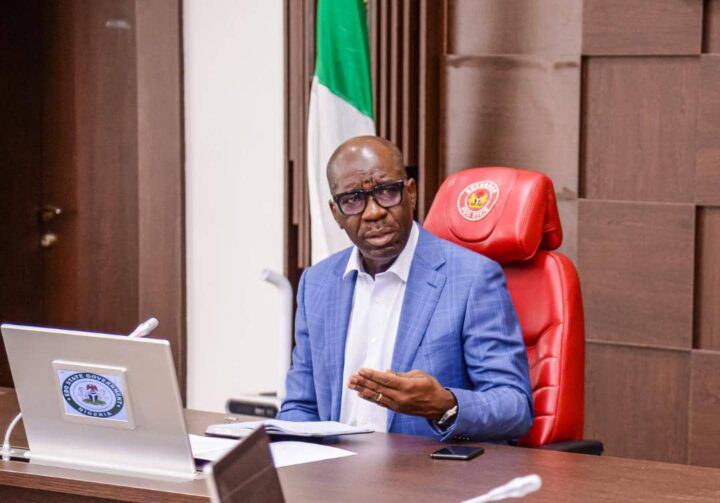Some interesting developments are taking place before us. Elections come up next year but the heat is on, already. Young people are trooping out across the nation to register as a precursor to getting their permanent voter cards (PVCs). The excitement is high but so is the foreboding on the part of dubious politicians who are not so sure any more what the next wave of reaction may be.
Forced into undeserved concerts by the European Union (EU), the usually sanctimonious Independent National Electoral Commission (INEC) was forced into extending the registration period after a choreographed response of no to every reasonable appeal made by well-meaning individuals and organisations.
I am not surprised at all that there is a renaissance in the reasoning of these young people whose lives and future have been compromised and put in absolute jeopardy by this government. Reasons come in painful droves but I give only two.
One painful evening, on October 20, 2020, a number of young people, mostly students who were engaged in a peaceful protest code-named #EndSARS, to force the Nigerian government to look into the ignoble operations of an arm of the Police Force called SARS, were killed by the Nigerian Army and the Police at the Lekki Tollgate in what the local, national and international media described as a massacre. There was a litany of evidence but the government declared the contrary and went after organisations who dared to ventilate the truth that was clear even to the visually challenged. Our young people lost friends and colleagues and played ugly host to wickedness in high places while singing the National Anthem and waving the Nigerian flag. The judicial panel of enquiry set up even by the Lagos State government stayed on the side of the people as it confirmed there was indeed a massacre. This is not a story you forget overnight.
Advertisement
The second reason. Since February 14, 2022 or March 14, 2022, depending upon the date your tolerance can accommodate, Nigerian university students have been at home courtesy of a strike called by the Academic Staff Union of Universities (ASUU). For over four months, their lives have been put on hold, like a telephone call that is paused. Even with all the technology the call can suddenly drop and conversation is terminated. We are not a nation of figures, so nobody is calculating the cost of the strike to the students, their parents, the lecturers and how all that impacts on the quality of scholarship or pedagogy in our institutions and the overall health of the nation. Obviously there is a wrench in this generation that may be very difficult to heal. Although so many phantasmagoric tales are being told about the reawakening of these young people, I am forced to confess that it would have been irresponsible if they did not harvest this opportunity to send a clear message to some of the politicians that have turned their lives upside down. After seven years, this government has stubbornly refused to accept responsibility for any ill in the land. The youth may just be ready to send a message. Who benefits is a different matter and it is not anything that anybody can willfully appropriate.
Seeing that it cannot move against the tide, INEC has promised to send more machines into the field, beginning from Abuja, with the overall boss, Prof Mahmood Yakubu saying that everybody that has come out for the exercise will be registered. For instance, about 50 more voting machines will be sent to the Area 10, Old Parade Ground in Abuja. Without claiming to be overwhelmed, I am sure that even INEC is not amused by the frothing interest of the people, and must now bend over backwards to accommodate all such interests.
And this is where my fear creeps in, looking at the unsavoury history of this nation when it comes to data capturing. We are not good at it all. Data is captured at the banks, (bank verification number, BVN). Data is captured when you process your national identity card, and must therefore carry a national identity card number (NIN) like a blood sample. Data is captured when you buy a SIM (subscriber identification module) card, through the process of SIM registration. Data is captured when you process your birth certificate at the National Population Commission (NPC). Data is captured when you process your driving license. And data is captured when you process your international passport at the Immigrations. Everywhere you turn is data capture without control and appropriate deployment but the hapless Nigerian is forced to endure every arising inconvenience.
Advertisement
My concern with the ongoing voter registration is that the frontend seems to be enjoying some attention and sunshine but what is happening at the backend? At what time will all the data captured be migrated to the main server for keeps and onward processing? Yakubu has promised that all those registering now will get their PVCs by October. What this communicates is that the backend may also have been taken into consideration. But as they say, talk is cheap. There is every welcome need to be cynical until the final output, which are the PVCs, are delivered.
Oh, this red flag is not necessary? I appeal that you take a look at only two examples. SIM registration began in Nigeria in 2011. Seven tech companies were initially engaged by the Nigerian Communications Commission (NCC) to carry out the exercise. Further down the road, the operators themselves also became implementers who were involved in the process of SIM registration. But there was always a problem between the frontend and the backend, tedious data scrubbing to achieve some level of integrity and cumbersome harmonisation problems which continued to prove a nightmare. The operators were to carry the blame, unfortunately.
The NIN/SIM data verification process which began in December 2021 has not been weaned from such convoluting uncertainties. NIMC originally had the responsibility to issue national identity cards but did not have the capacity to perform. The situation worsened when the data verification process was dropped in its plate of engagement. After the initial rodomontade claim of capacity, the telecom operators were later pressured into joining in the data verification process. This writer is aware that the operators invested massively in buying hardware for the exercise. Till date quite a number of these machines have not been properly formatted, and the data captured by the various operators go through a verification process that is nightmarish. Again the biggest drawback is the relationship between the frontend and the backend. Closure to the verification exercise is open-ended after repeated threats and there are no indications that it will end in the foreseeable future.
I am of the considered opinion that INEC doesn’t have the capacity to perform magic. Not even the assurances from the chief executive will influence my position on this. The story that is unfolding before us may not be too different from the examples listed above especially when weighed against a past that is woolly. Is it not the same INEC that recorded a perfect score in terror-ravaged areas where the internally displaced people (IDPs) voted more than states where there was relative peace then?
Advertisement
Whatever INEC is saying, the youths, more than the various political parties, should keep an eye on them. The capacity for mischief is not far from this organisation. I believe in the saying of my forebears that a leopard does not change skins overnight. Not even tech supremacy in terms of voter registration can make INEC achieve that feat.
Advertisement
Advertisement
Advertisement
Advertisement
Views expressed by contributors are strictly personal and not of TheCable.
Add a comment







